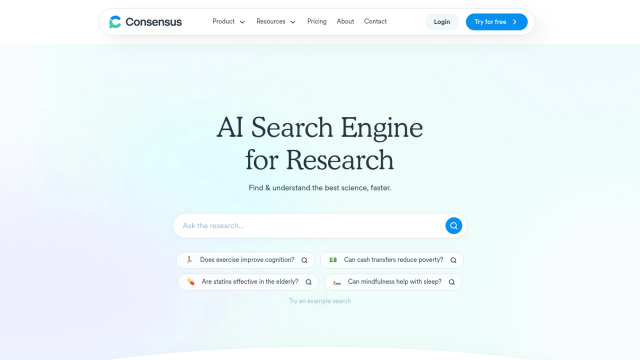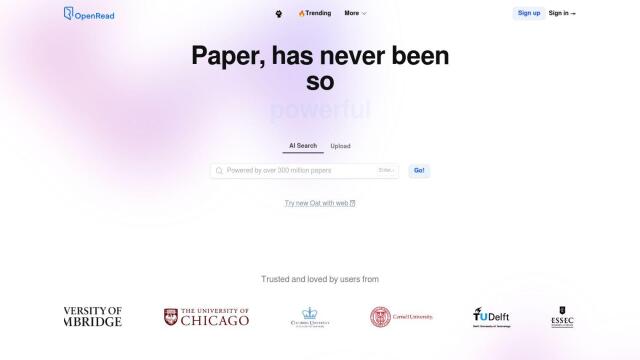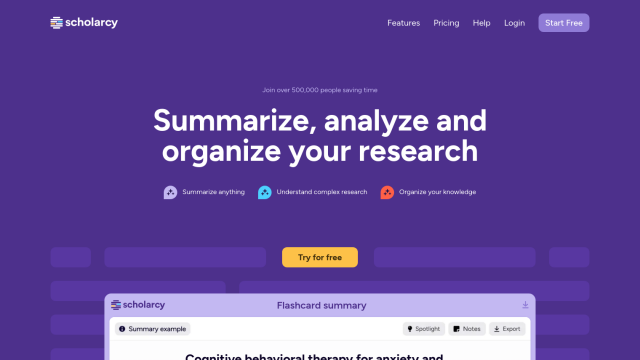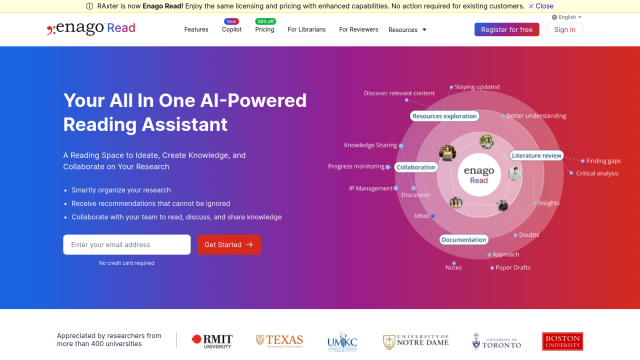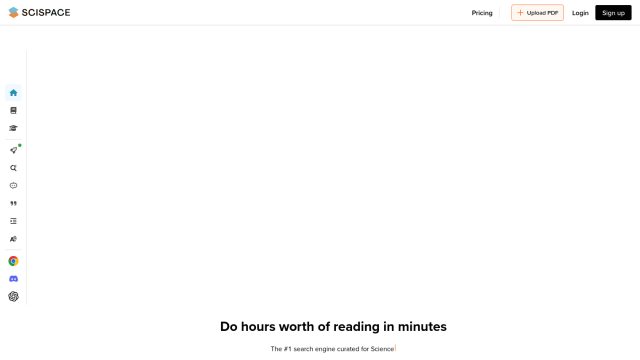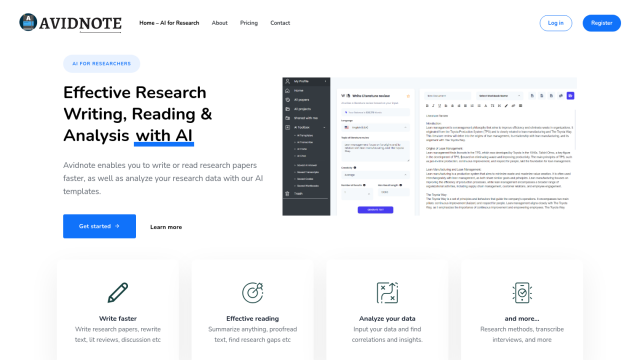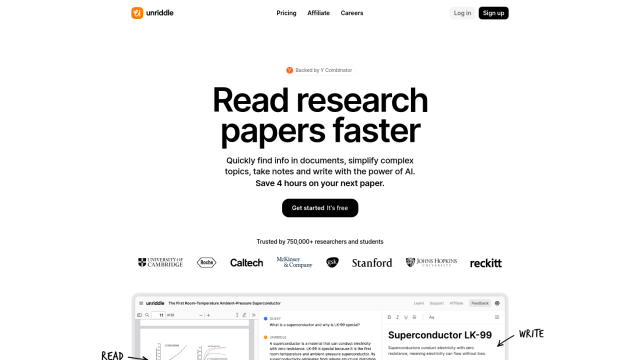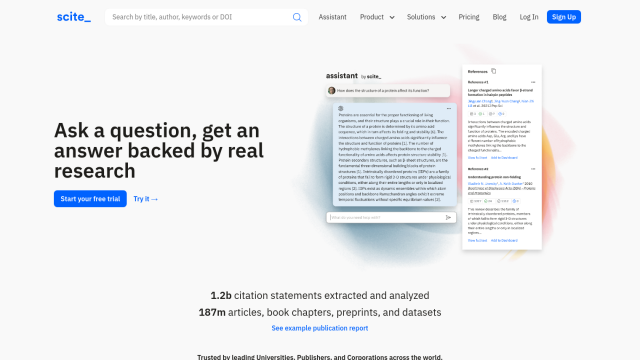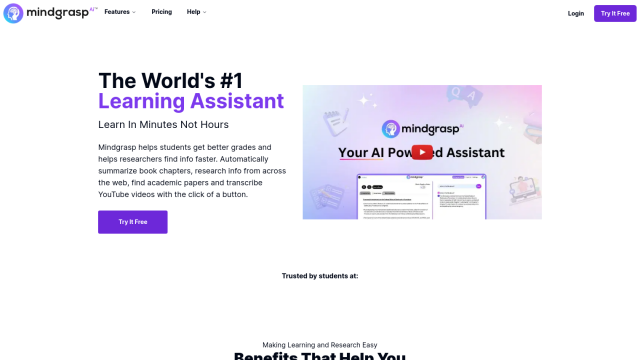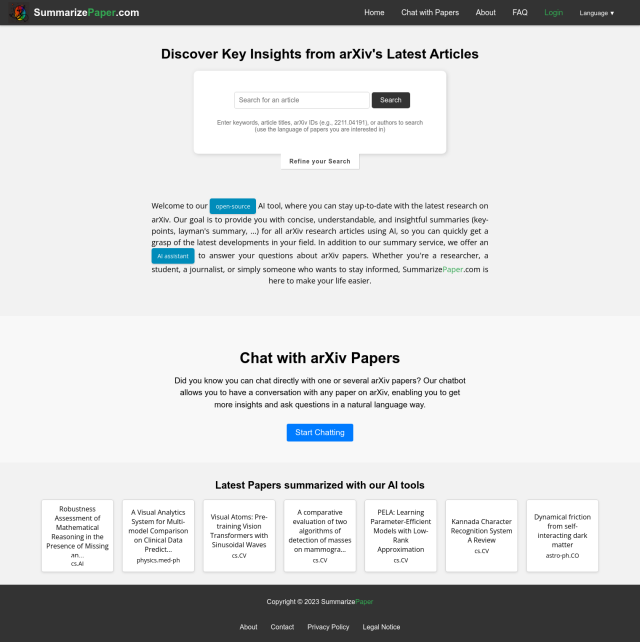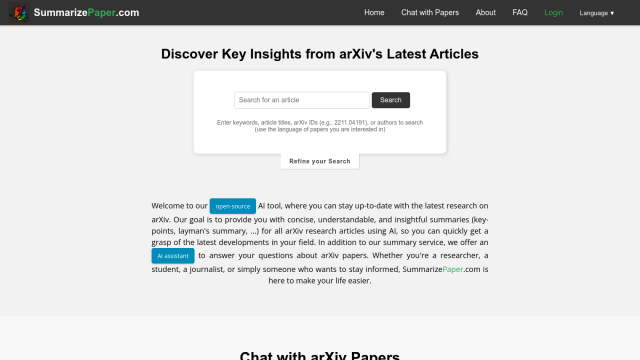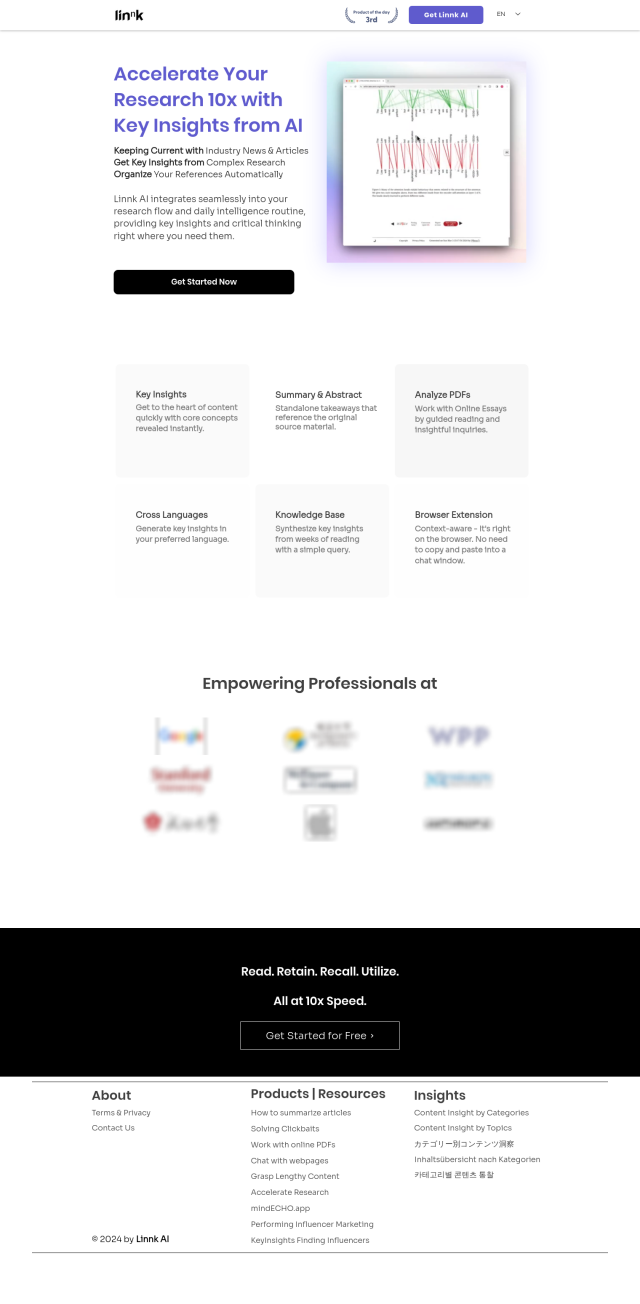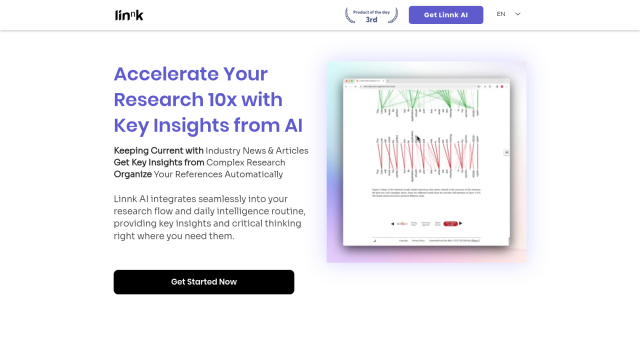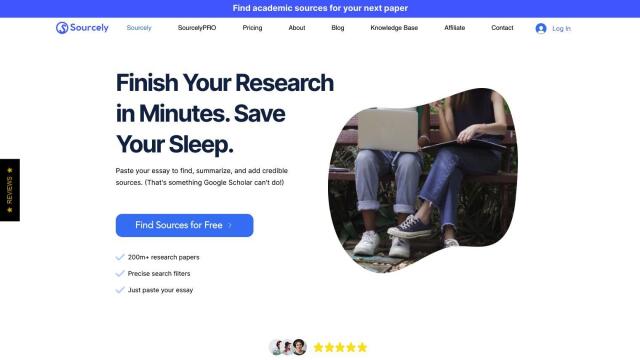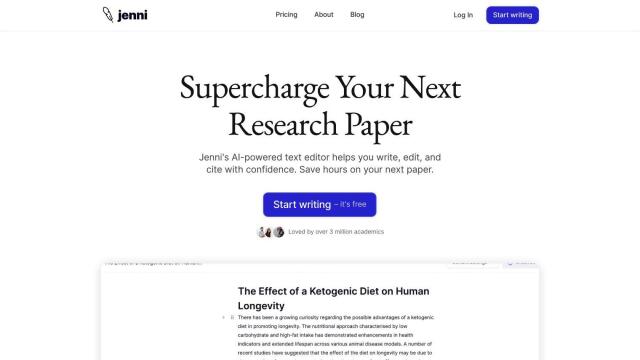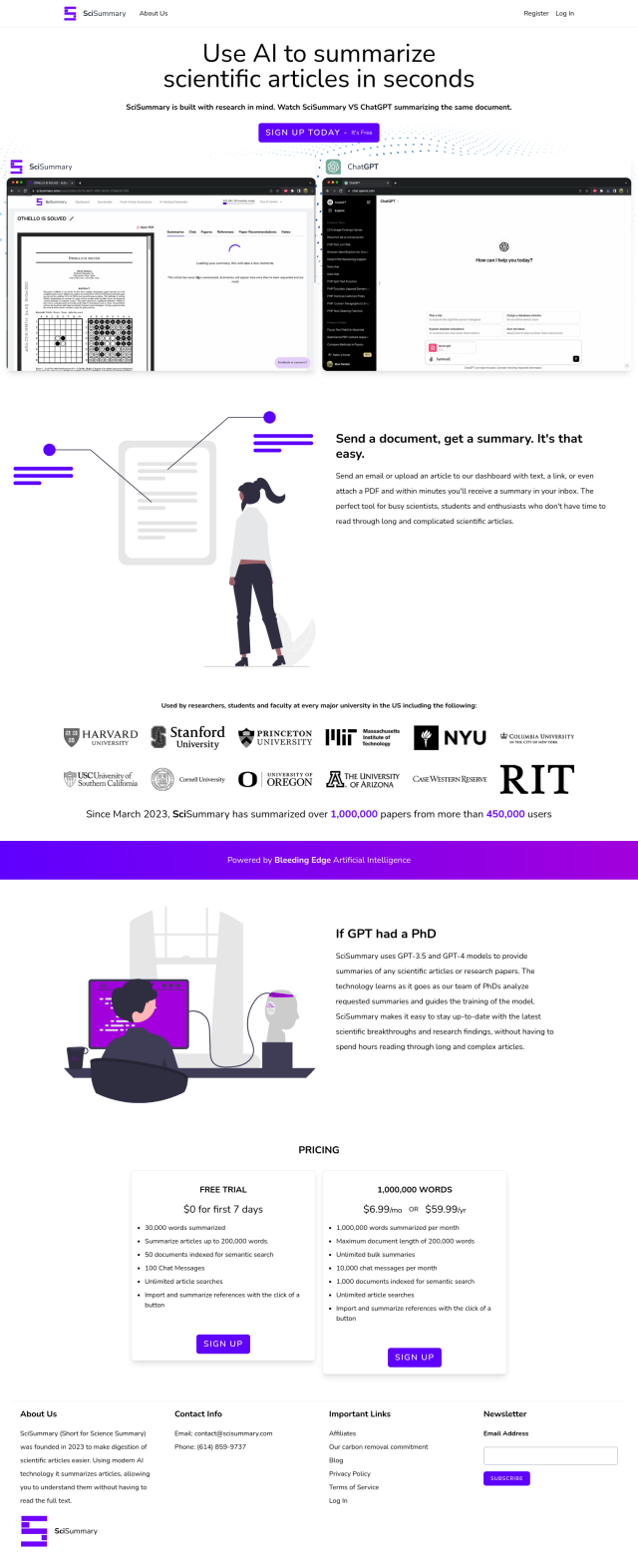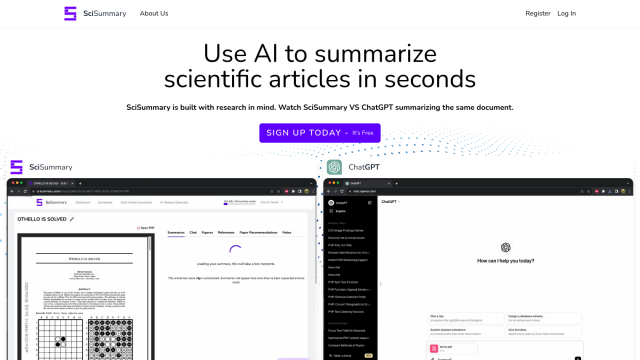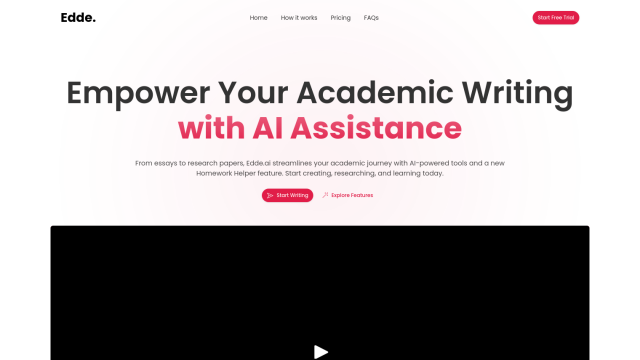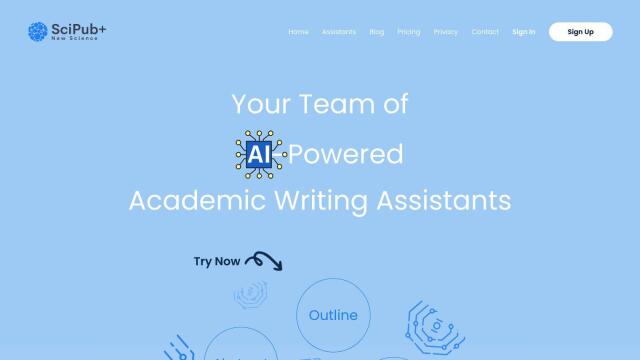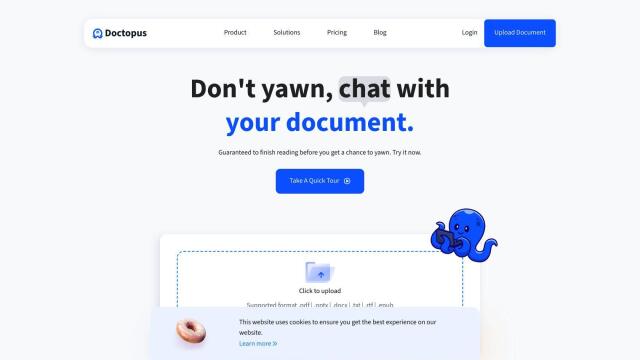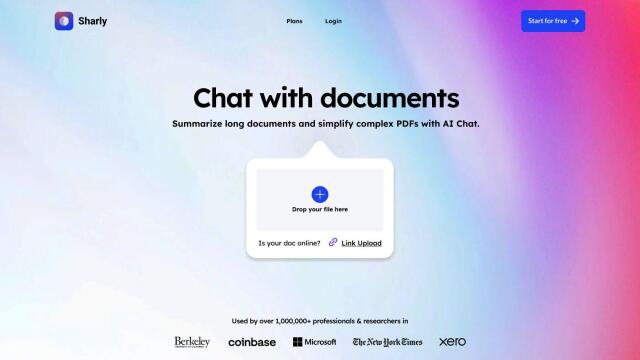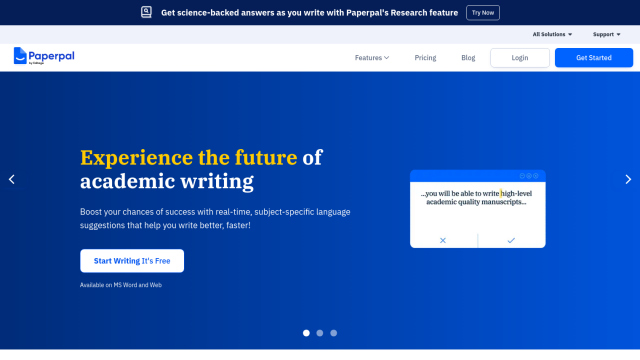Question: I need a way to speed up my research and learning, can you suggest a solution that automates information gathering tasks?
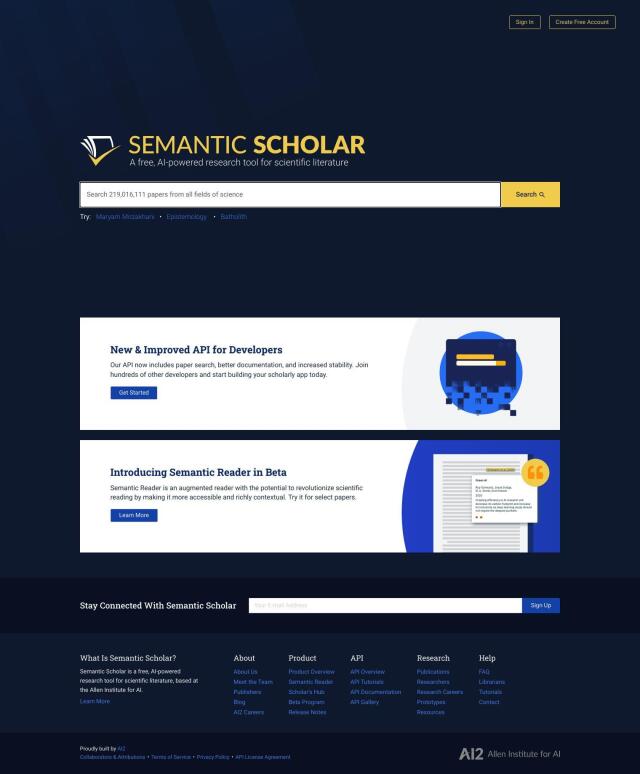
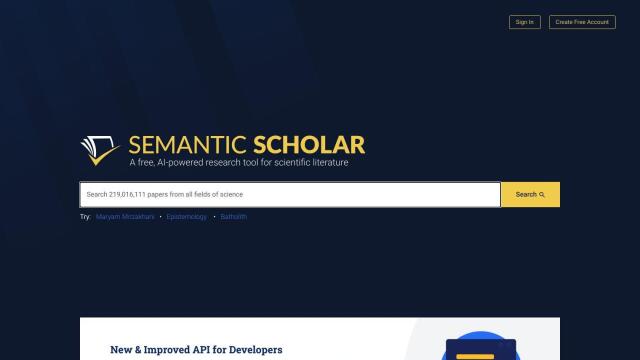
Semantic Scholar
If you want to accelerate your research and learning, Semantic Scholar is a great option. This AI-powered service indexes scientific papers so you can search for and read relevant ones from a database of more than 219 million papers. It has powerful search filters, brief summaries (TLDRs) and tools to organize papers into folders and create AI-indexed research feeds. Semantic Scholar also generates AI-authored definitions, suggests papers and sends you email alerts when new citations are added, so it's a good all-purpose tool for researchers.


Elicit
Another option is Elicit, an AI research assistant designed to help you quickly find, summarize and extract data from more than 125 million academic papers. It can help with tasks like accelerating literature reviews, finding new papers and automating systematic reviews. With tools like data extraction into formatted tables and the ability to chat with paper content, Elicit is geared for empirical subjects like biomedicine and machine learning.

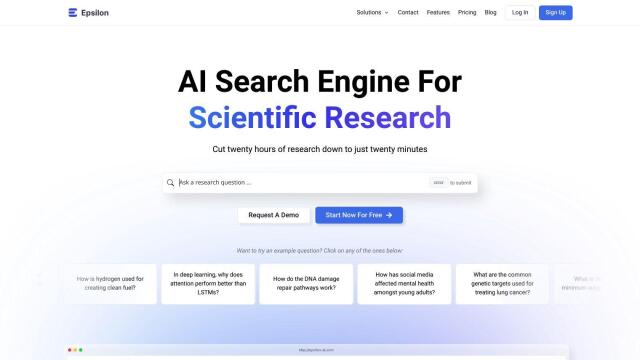
Epsilon
Epsilon is another option. This AI-powered search engine is designed to accelerate scientific discovery by finding relevant citations, summarizing content and synthesizing insights. With tools like Investigate for summarized answers and Validate for extracting key information, Epsilon can help researchers assess claims and find citations. It indexes a large database and uses GPT-4 for trusted summaries.

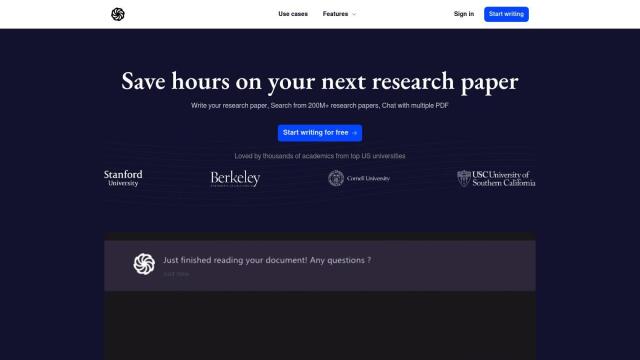
Doclime
If you're more focused on writing papers, Doclime is an AI-powered platform that automates some work like finding relevant literature, extracting facts and writing papers. It also includes tools for brainstorming research ideas, semantic searches and an AI writing assistant for autocomplete and paraphrasing. Doclime is designed to free up time and make the research paper writing process more efficient, so it's good for academics with deadlines.

